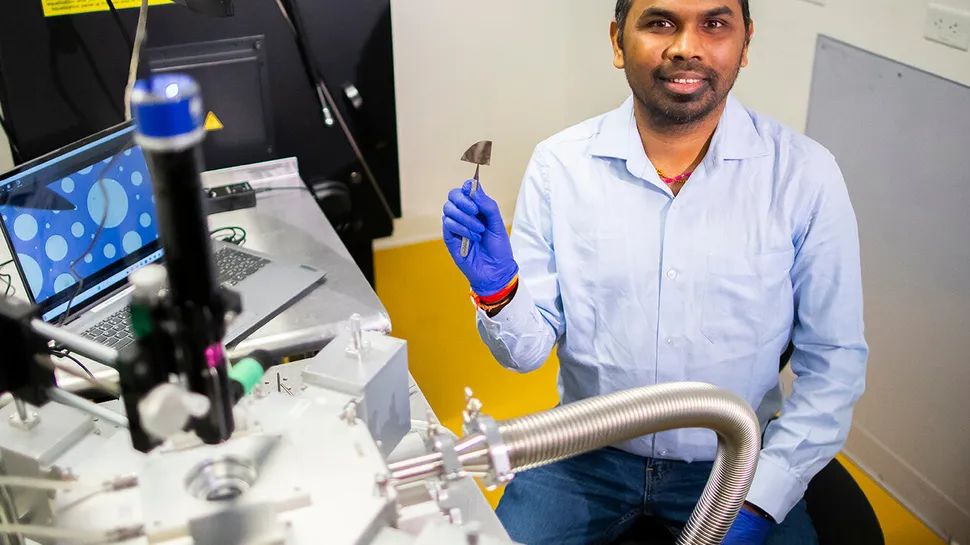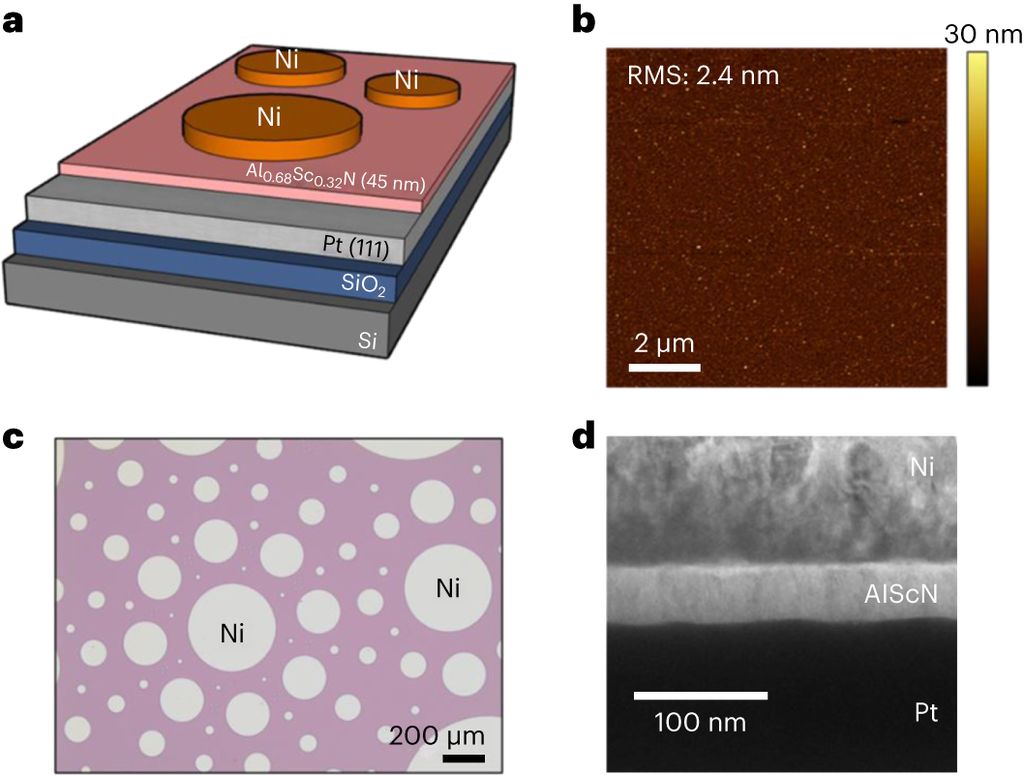Home >Hardware Tutorial >Hardware News >New memory arrives that can run for more than 60 hours at 600 degrees Celsius
New memory arrives that can run for more than 60 hours at 600 degrees Celsius
- WBOYWBOYWBOYWBOYWBOYWBOYWBOYWBOYWBOYWBOYWBOYWBOYWBforward
- 2024-05-05 08:10:131041browse
According to news from this site on May 4, scientists have recently developed a new type of memory that can operate at a high temperature of 600 degrees Celsius for more than 60 hours. The relevant results were published in "Nature Electronics".

The paper is called "Scalable Ferroelectric Non-Volatile Memory". The memory device mainly uses non-volatile memory. High-performance ferroelectric diodes that exhibit superior thermal resistance and can be deployed in cutting-edge data and extreme environments.
Iron diode memory devices use thin layers of 45nm synthetic Al0.68Sc0.32N that retain their electrical state after the external electric field is removed. The test prototype has been tested at 600 degrees Celsius for more than 60 hours at voltages below 15V.

The project is led by Deep Jariwala from the University of Pennsylvania, who said: "From drilling deep into the Earth to exploring space, our high-temperature storage devices can enable advanced computing, Other electronic devices and storage devices can't do this. This is not just improving the device, but opening up new fields."
The reference address is attached to this site
Turning up the heat on data storage: New memory device paves the way for AI computing in extreme environments
A scalable ferroelectric non-volatile memory operating at 600 °C
New memory demoed running at 600 degrees Celsius for 60 hours
The above is the detailed content of New memory arrives that can run for more than 60 hours at 600 degrees Celsius. For more information, please follow other related articles on the PHP Chinese website!

